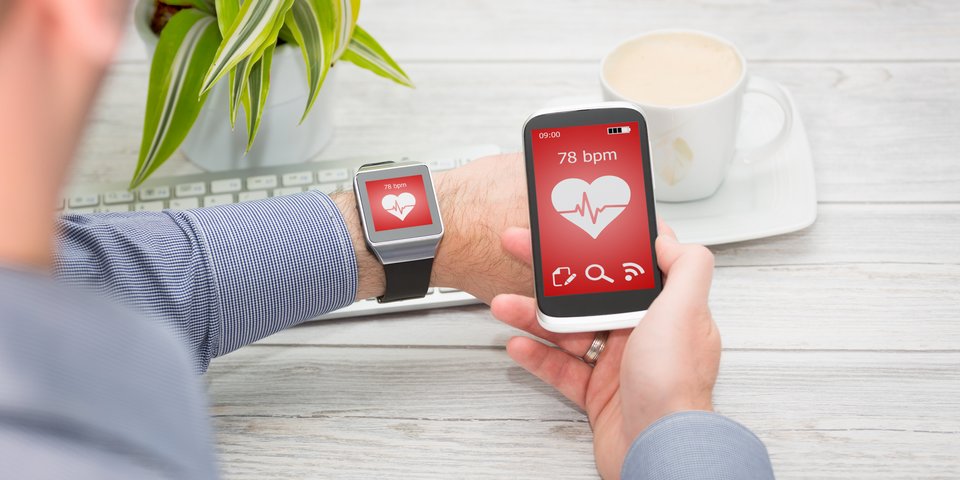 iStockphoto/scyther5
iStockphoto/scyther5eHealth Conference in Tallinn
Lessons to learn from Estonia.
MS – 11/2017
The European digital agenda was given a push at the conference on eHealth ‘Health in the digital society. The digital society for health’ which took place in Tallinn in October 2017 under the auspices of the Estonian Presidency of the Council of the European Union. But can the experiences of individual Member States be easily transferred to other members?
What the Estonians do differently
Estonia is a small European country in the EU. But ‘e-Estonia’ is not lacking in self-confidence; it is well-networked and digitalised. Estonia wants to share its enthusiasm for a digital lifestyle with its 26 EU partners. In her closing keynote, President Kersti Kaljulaid summed up what a digital society needs: trust in technology, digital hygiene and free access to all personal health records.
While the electronic health card fails to gain traction in Germany, Estonia already has a wide range of e-applications: ePassport, ePrescriptions and eVoting. Estonia has stated that it was an advantage to start from scratch instead of having to update half-established models. Estonia’s renewed independence in 1991 and its new, decentralised society created particularly favourable conditions, for example, the ability to simplify administrative procedures.
Estonian citizens have digital access to all their health records, including those of their children. If a digital file is accessed by a government agency or doctor, this is registered, and the person is notified. In comparison, nobody knows when somebody reads their ‘analogue’ medical records stored on paper. Estonia also plans to open a bilateral gateway with Finland for sharing data across borders in 2018.
The Estonians call their digital ID card for citizens the backbone of their digital society. The ID card can be used for a myriad of services in both the public and private sectors: as a health card, driver’s licence or reward card.
Estonians also have a lot of faith in technology. ‘We have reached a point of trust, where we use modern technologies in our everyday lives, including healthcare’, said the Estonian ministers.
EU freedom: ‘Free movement of data’
The linchpin in all of this is the secure and free movement of data. Today, it is easier for people and goods to move through the European Union than it is for their data. This led to a discussion on Estonia’s ‘fifth freedom’ initiative and whether the free movement of data should be declared as the fifth freedom of the European Union. If people, goods, services and capital can move freely across borders, then surely this should also be the case for information.
Digitalisation of health and social services as part of Europe’s surge
The degree to which digital health services are used varies enormously between Member States. Reasons for this include legal frameworks, national data processing and the actual level of healthcare. On top of this is disagreement among Member States whether ‘more’ Europe or ‘less’ Europe is needed to digitalised national healthcare services. For example, Austria is calling for less voluntary cooperation and more concessions among Member States. Sweden sees digitalisation of healthcare services as a competition and wants to have the best eHealth system by 2025.
However, there was consensus that the quality, use and application of data in healthcare fall well short of the full potential for cross-border digital health services.
What happens next?
Conclusions on ‘Health in the Digital Society - making progress in data-driven innovation in the field of health’ will be presented under the Estonian Presidency of the Council by the end of 2017.
For more information, click here.
